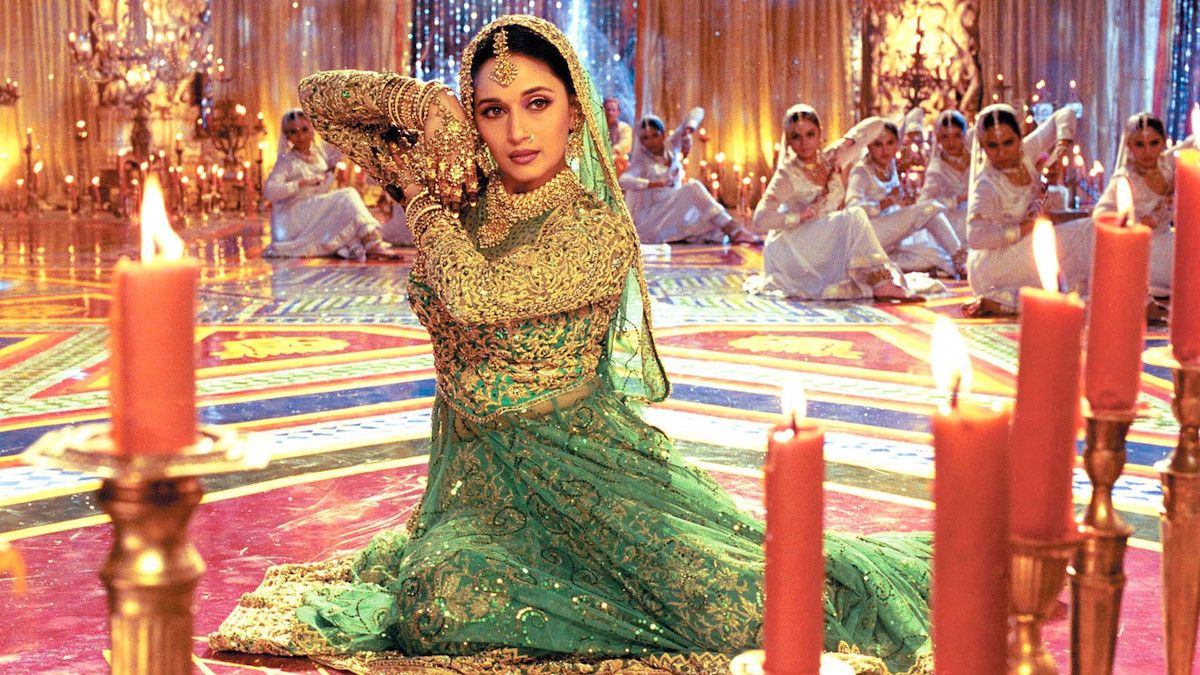
I finally got around to watching "Devdas". The dvd had been lying around for some time, but because of its Titanic length, I kept putting off watching it. Since I had just finished reading Edward Luce's "In Spite of the Gods. The Strange Rise of Modern India", the moment had finally arrived.
"Devdas" (2002) is one of the biggest grossing Bollywood movies ever. It was definitely one of the most expensive to make. It is based on a novel by Sarat Chandra Chatterjee (also spelled as Chattopadhyay), first published in 1917 but written in 1901. The novel tells of the love between Devdas and Paro. They grew up as childhood friends and seemed destined for each other. But when they propose to marry, Devdas' parents refuse, since Paro is from a lower caste than Devdas' family. Devdas leaves his parental home in a rage and in a moment of foolishness writes Paro that he doesn't really love her. Paro's parents arrange for her to marry a wealthy man, whose first wife had passed away. When Devdas learns of Paro's wedding he tries to win her back but it's already too late. Devdas then seeks refuge in alcohol. He is taken care of by Chandramukhi, a courtesan who falls in love with him, which Devdas rejects as he is still in love with Paro. The alcohol takes its toll and in the final moments of his life Devdas returns to Paro hoping to see her one more time.
"Devdas" therefore seems to be an Indian take on the classic theme of the doomed love affair between a rich boy and a poor girl or a princess and a farmer, with wealth or aristocracy replaced by caste. As Edward Luce writes, even in many parts of contemporary India, marriages are still arranged based on caste. So a person defying his parents and eventually even dying out of love is in fact quite revolutionary.
"Devdas" is critical in other respects as well. In one of the film's most phenomenal dance scenes Paro has invited Chandramukhi to her house. When she is exposed as a courtesan, Paro stands up for her, openly declaring that she is a friend of hers and Chandramukhi herself says that she is not ashamed of being a courtesan, but that he who accuses her should be ashamed of visiting courtesans.
"Devdas" is not exactly a cliffhanger, but the dance scenes are awesome and the lavish costumes are stunning. There's no point in asking where all those dancers suddenly come from or who they are. Their role is similar to that of the chorus in ancient Greek tragedies, except that they do not so much act as commentators of the events, but as support for the main characters.
"Devdas" also features one of my favourite Bollywood songs, "Silsila Yeh Chaahat Ka" by Shreya Ghosal and Ismail Darbar.